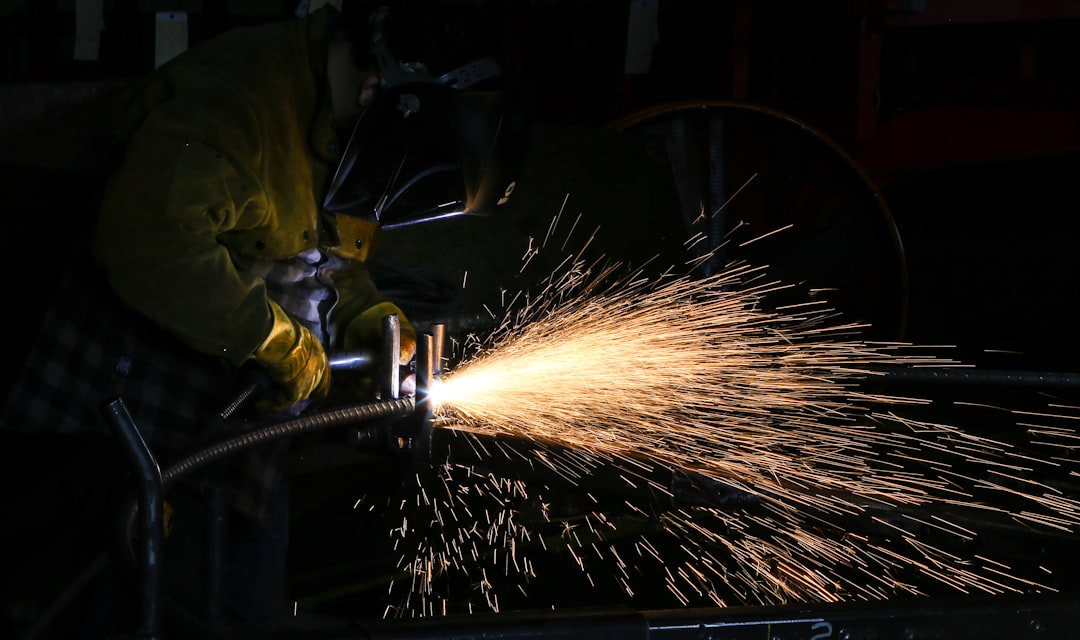Manufacturing companies are the backbone of economies around the world, providing the goods and products that people rely on every day. However, like any industry, manufacturing faces its own set of challenges that can hinder growth, efficiency, and profitability. In this blog post, we will explore some of the most common challenges faced by manufacturing companies and how they can be overcome.
One of the biggest challenges facing manufacturing companies is the constant pressure to reduce costs while maintaining high quality standards. With competition increasing globally, manufacturing companies are under scrutiny to produce goods at lower costs to remain competitive. This can be a difficult task, as cutting costs can sometimes lead to a decrease in product quality. Finding the balance between cost reduction and maintaining quality is one of the key challenges facing manufacturing companies today.
Another challenge facing manufacturing companies is the need to keep up with rapidly changing technology. As new technologies emerge, companies must adapt and invest in new machinery and equipment to stay ahead of the curve. This can be a costly and time-consuming process, but failing to invest in new technology can leave companies behind their competitors. Embracing automation, artificial intelligence, and data analytics can help manufacturing companies improve efficiency and streamline production processes, but this requires significant investment and a willingness to adapt to change.
Supply chain management is another challenge facing manufacturing companies. Ensuring a reliable and efficient supply chain is essential for maintaining production schedules and meeting customer demand. However, supply chains can be complex and vulnerable to disruption, whether it be due to natural disasters, political unrest, or other unforeseen events. Manufacturing companies must work closely with suppliers to build strong relationships and monitor supply chain performance to reduce risks and ensure continuity of operations.
Compliance with regulations and standards is another challenge facing manufacturing companies. With an increasing focus on sustainability and ethical practices, companies must adhere to strict regulations governing everything from environmental protection to worker safety. Failure to comply with regulations can result in hefty fines, damaged reputation, and even legal action. Staying up-to-date on changing regulations and implementing robust compliance procedures is essential for manufacturing companies to avoid potential pitfalls and ensure long-term success.
Labor shortages and skill gaps are also major challenges facing manufacturing companies. With technological advancements changing the nature of manufacturing work, companies are finding it increasingly difficult to find skilled workers with the right qualifications. Retaining skilled employees and attracting new talent is essential for maintaining efficiency and productivity. Investing in training and development programs, offering competitive wages and benefits, and creating a positive work environment are just some of the ways manufacturing companies can address labor shortages and skill gaps.
Globalization is another challenge facing manufacturing companies. As companies expand into new markets and supply chains become more complex, managing operations across different countries and regions can be a daunting task. Cultural differences, language barriers, and varying regulations can all complicate the manufacturing process and pose challenges for companies seeking to expand internationally. Developing a solid global strategy, building strong relationships with local partners, and understanding the unique challenges of each market are essential for manufacturing companies looking to grow on a global scale.
Finally, innovation and staying ahead of the competition are crucial challenges facing manufacturing companies. In an increasingly competitive market, companies must continually innovate and develop new products to meet changing consumer demands. This requires investment in research and development, as well as a culture that promotes creativity and risk-taking. Companies that fail to innovate may find themselves left behind by more agile and forward-thinking competitors.
In conclusion, manufacturing companies face a wide range of challenges that can hinder growth and success. From cost reduction and technology adoption to supply chain management and compliance with regulations, companies must address these challenges head-on to remain competitive in today’s fast-paced business environment. By investing in innovation, building strong partnerships, and prioritizing employee development, manufacturing companies can overcome these challenges and thrive in an ever-changing industry.
Overall, the key to success in manufacturing lies in embracing change, investing in technology, and developing a strong corporate culture that values efficiency, quality, and innovation. By addressing these common challenges head-on, manufacturing companies can position themselves for long-term success and growth in an increasingly complex and competitive market.


